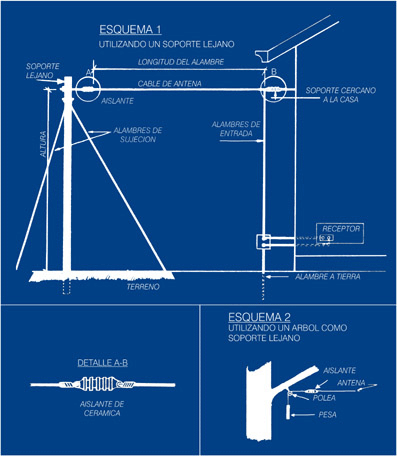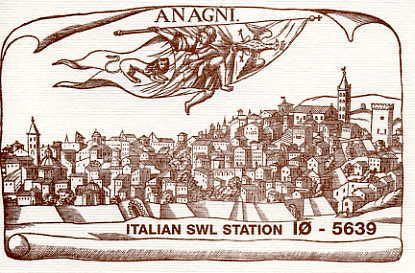martes, 14 de julio de 2009
SW Radio for North Korea Faces Hardships
By Lee Sang Yong
[2009-07-13 17:57 ]
Non-governmental short-wave radio aimed at North Korea, the most effective tool for transmitting information on the outside world to the North Korean people, has been on air since 2005. Defectors in South Korean society and experts on North Korea believe that radio broadcasts can help North Korean people to change their awareness in a North Korean society where inflows of information from the outside world are heavily censored. However, according to the broadcasting company presidents, while their services for the North Korean people are acknowledged and encouraged by foreign donors, in South Korea they face widespread indifference. Therefore, financial problems are their biggest headache. The operators of the radio broadcasts try to raise money, or survive on irregular donations from supporters. These are surely inadequate. The only substantial, regular funding comes from the National Endowment for Democracy. South Korean government support is seemingly far off, so the radio stations exist deep in the red. In this unsustainable situation, they cannot concentrate on developing better programs or more professional manpower. In addition to financial problems, frequency is another significant issue for them. They are using short wave transmission, which can reach North Korea and the three most northeasterly provinces of China, but due to jamming by the North Korean authorities and the ever-present danger of punishment, it is not easy for the North Korean people to listen to them. Furthermore, the radio broadcasts are sent via foreign transmitters because, in June, 2000, the Kim Dae Jung and Kim Jong Il governments agreed to suspend denouncement broadcasts towards each other in their Summit and Defense Minister’s meetings. Although President Lee Myung Bak has declared that he intends to change the policy, his administration has yet to bring about any difference. Accordingly, the radio programs are sent to North Korea through Taiwan, Thailand or Uzbekistan, on commission and at considerable cost. Thus, facing indifferent public opinion and a lack of funds, the presidents and staff of the non-governmental radio broadcasters find themselves working for unseen listeners and intangible purposes. However, the knowledge of unimaginable potential influence on people growing up behind the modern-day “Bamboo Curtain,” plus sincere international interest in their activities for the North Korean people is enough to keep them going.The presidents, some of whom are themselves defectors, unanimously agree that radio was the most decisive factor in changing their own awareness, so they will never give up producing programs, regardless of the difficulties.
Source:
http://www.dailynk.com/english/read.php?cataId=nk00300&num=5160
via Yimber Gaviria. NOTICIAS DE LA RADIO
http://yimber-gaviria.blogspot.com
Suscribirse a:
Enviar comentarios (Atom)


No hay comentarios:
Publicar un comentario